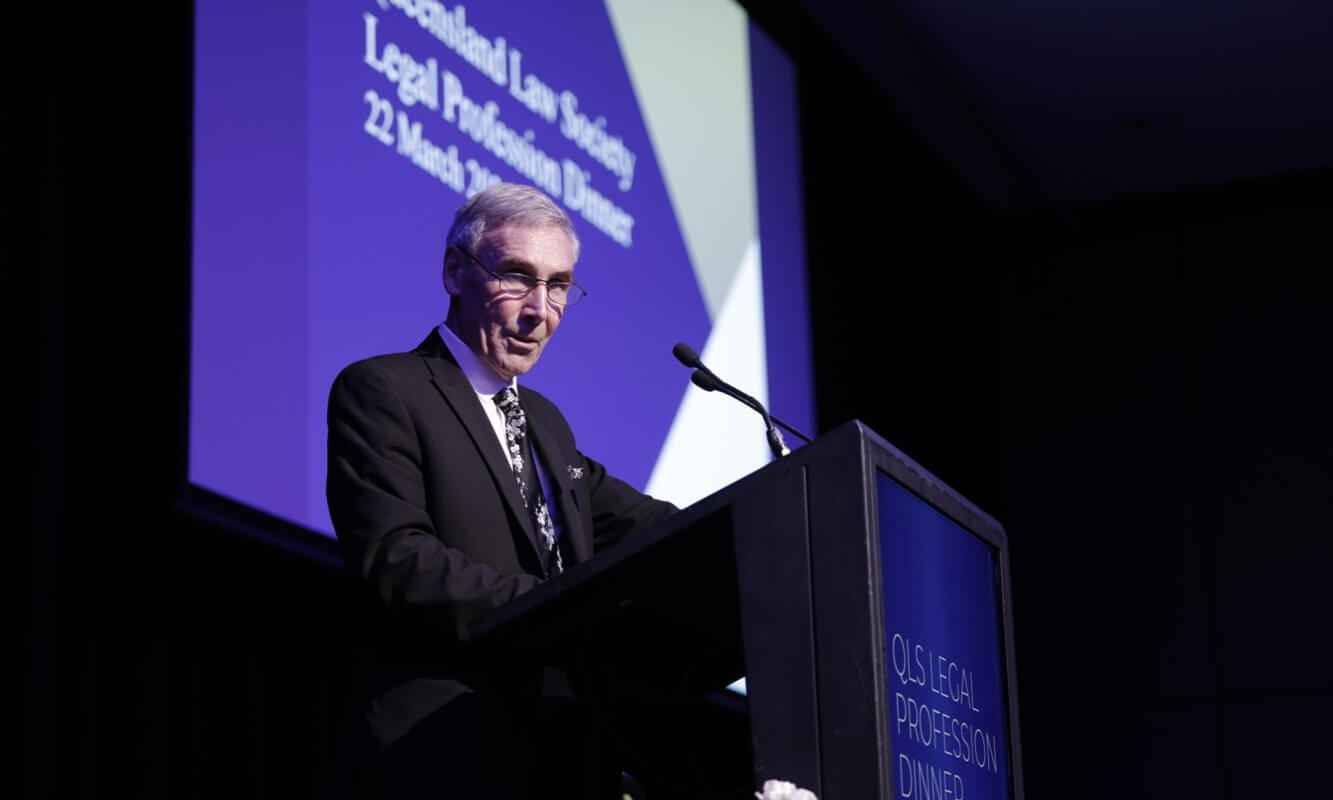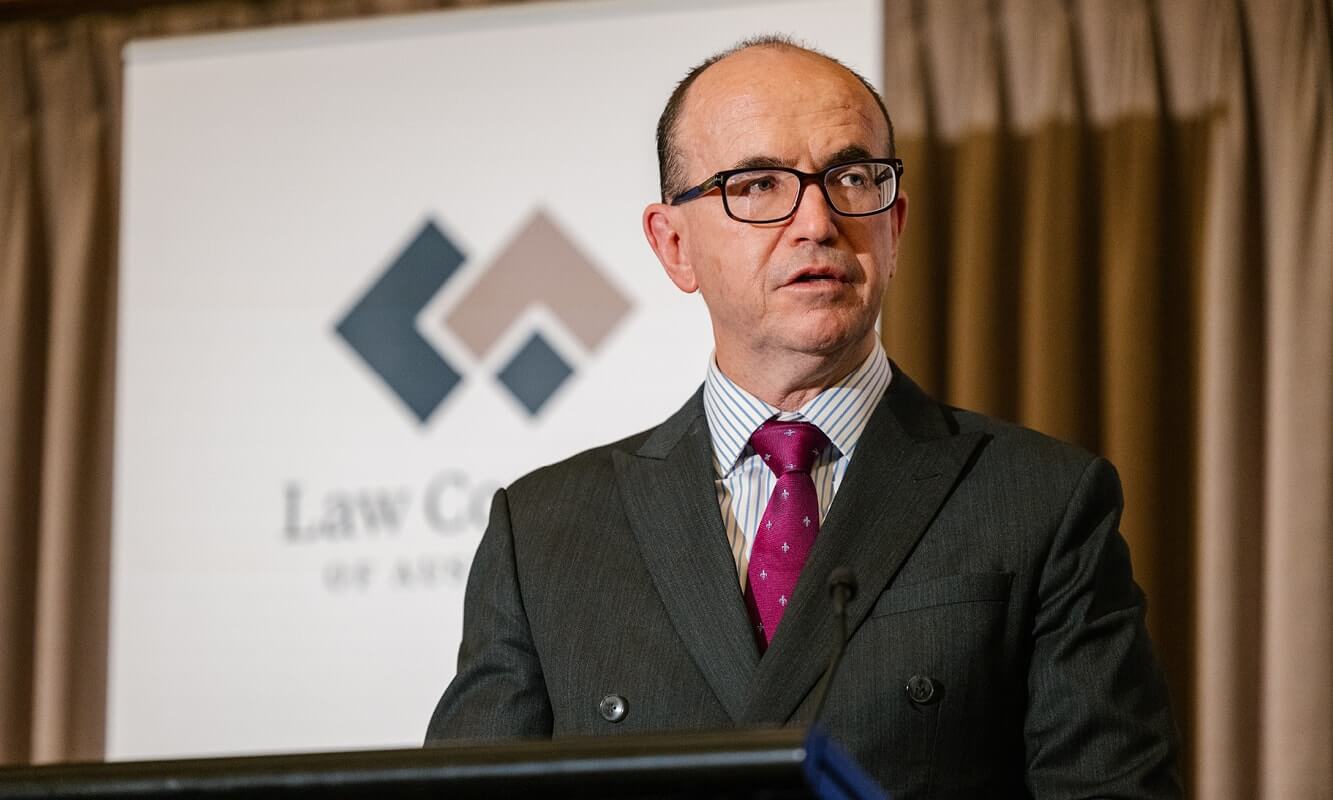The Law Council of Australia has released a statement commenting on the recommendations outlined in the Joint Select Committee on Australia’s Family Law System second interim report.
Law Council President Dr Jacoba Brasch QC said the Law Council supports a number of the 29 recommendations, in particular the recommendation that the Australian Government increase funding to Legal Aid Commissions and Community Legal Centres, to enable those services to boost their support for disadvantaged and vulnerable families within the family law system.
“The call for a greater focus on mediation and arbitration is commendable and the Law Council welcomes the call for additional Registrars,” Dr Brasch QC said.
“But there remains a critical need for an increase in the number of family law judges to hear and determine complex family law matters.’
“This can only occur with significant investment in the family law jurisdiction, for both judicial and non-judicial decision-makers.”
The report also welcomes recommendations addressing the current misunderstanding of shared parental responsibilities that equate to equal time with the children.
Dr Brasch QC feels further changes and recommendations are still needed in this area.
“The Law Council would ideally like to see more substantive changes to the Family Law Act as it relates to children in family law matters and would welcome the opportunity to work with the Parliament to achieve this – for example, reforming the current 42 steps to determine a child’s best interests,” she said.
“The Law Council does not agree with the Joint Select Committee’s findings in relation to the need to further regulate legal fees in family law proceedings, including a proposed cap save in exceptional cases on fees for property matters of $50,000 or 10% of the combined value of the parties’ identified property and superannuation (whichever is higher).”
Dr Brasch QC says if a cap is invoked, litigants who reach any capped cost limit could become self-represented in the family law courts system and take up more judicial time, only increasing the delays that already exist.
“There are already a number of important protections in place for consumers in the legal system, with the profession subject to strong regulation in respect of costs and charges by various professional and regulatory bodies.’
“Gross overcharging is a matter that is characterised as professional misconduct.”









Share this article